By Kai Curry
NORTHWEST ASIAN WEEKLY
On July 20, the inaugural Asian American, Native Hawaiian, and Pacific Islander (AANHPI) Mental Health Summit was hosted in-person in Washington, D.C. by the Biden-Harris administration. In a day of multiple sessions, keynote speakers, lunch, and a fireside chat, directors, founders, and chief executive officers talked about the improvement, or bright-future improvement, of mental health services for people of color. Others boldly asserted that current offerings such as the 988 hotline, heralded as groundbreaking and life changing, weren’t working at all.
“Our summit is focused on improving equity and access to behavioral healthcare for our diverse Asian American, Native Hawaiian, and Pacific Islander communities,” said Krystal Ka’ai, executive director of the White House Initiative on Asian Americans, Native Hawaiians, and Pacific Islanders, one of the summit hosts. There was excitement in the room that the Biden-Harris administration recognizes a need for attention on AANHPI mental health and is offering more funding than usual to back this up, such as the initiative within the Department of Education to increase the number of school-based mental health providers by 14,000. The bipartisan Safer Communities Act provides students with mental health support.
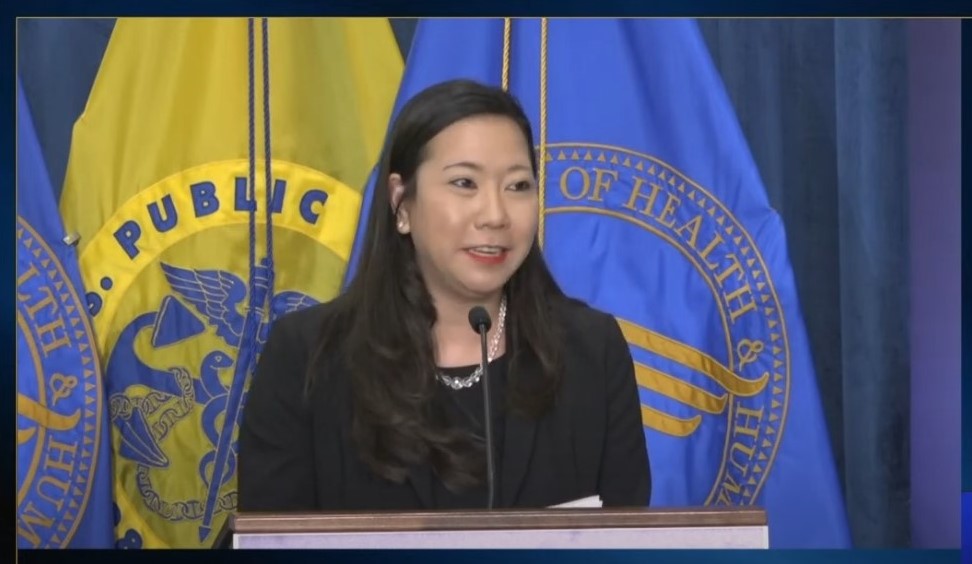
Krystal Ka‘ai, executive eirector, White House Initiative on Asian Americans, Native Hawaiians, and Pacific Islanders and the President’s Advisory Commission on Asian Americans, Native Hawaiians, and Pacific Islanders.
“I think we have an opportune moment in this Biden-Harris administration to make a difference,” said Larke Huang, director of the Office of Behavioral Health Equity, Substance Abuse and Mental Health Services Administration of the U.S. Department of Health and Human Services, also summit hosts.
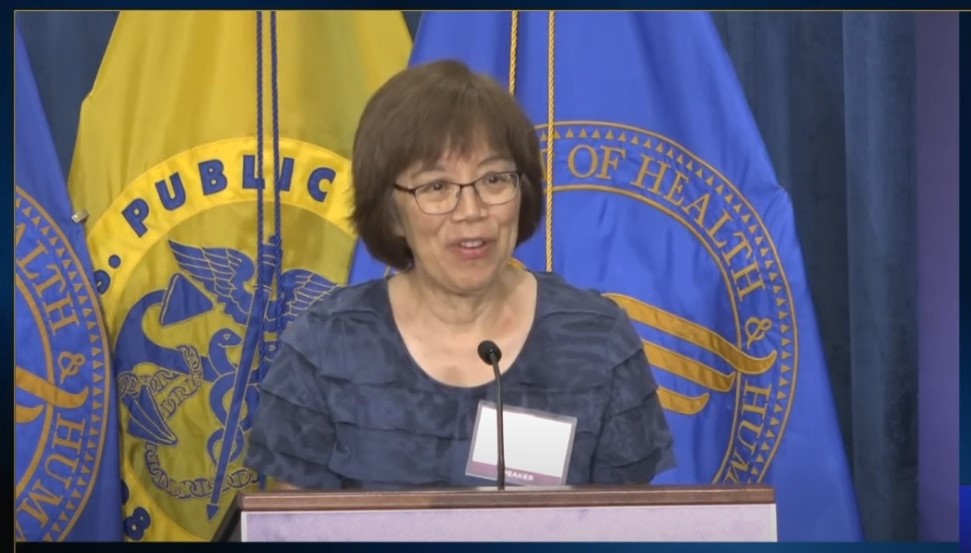
Larke Huang, director, Office of Behavioral Health Equity, Substance Abuse and Mental Health Services Administration.
The presenters read alarming data from the most recent surveys, such as almost 20% of AANHPIs reported mental illness in 2021 and that suicide was the leading cause of death among Asian American and Pacific Islanders aged 10 to 19. They talked about how this worsened during the pandemic. Ka’ai stated that, in addition to health, educational, and economic impacts, “Many Asian Americans also faced a pandemic of hate. These dual crises had a significant impact on the mental health…of our communities and…underscored how critical it is to provide access to culturally and linguistically appropriate community-based behavioral healthcare.”
Everyone couldn’t have agreed more. Attendees in the audience and at the podium bemoaned the white majority in the mental health industry and asked for better representation and greater use of appropriate cultural care. Representatives from around the country were invited to talk about what they were doing at their local level. Alyssa Vang, clinical director at Vanguard Mental Health and Wellness Clinic in Minnesota, described their Hmong-based operation.
“All of our clinicians are Hmong and we are all bilingual, including our support staff,” said Vang, the daughter of Hmong refugees. Vanguard has connected closely to other providers in the area (one of the keys to success noted during the summit) and has recently brought in a shaman to work with clientele. “…All of our clinicians and staff look like the many clients who are coming in to see us…we are relatable to them…Because we provide our services directly in our native language, there are cultural idioms of distress and linguistic nuances within a cultural framework that taps into the deep emotional distress that our communities experience.”
The most moving part of the day was listening to personal experiences of neglect and fear.
“‘Keep quiet and don’t cause any trouble,’ is a message that’s been passed down through my family for generations,” said Jessica Louie, an advocacy intern at the Public Health Institute in Oakland, California. “I eventually realized that nothing would ever come out of keeping quiet.” Like other AANHPI students at the summit, and around the country, Louie experienced racist bullying in school, which flared during the pandemic.
“My peers would go around asking Asian students if they had COVID, or if they ate bats. My friends told stories of being yelled at on the streets to go back to their country and blaming them for bringing the virus to the United States.”
Louie’s lived experience highlighted the reason everyone was there.
“Seeing discrimination and racism at a young age has affected the mental health of Asian youth across the country,” she continued. “Asian youth aren’t very likely to reach out for support due to the stigma surrounding mental health in the Asian community.” This is why culturally appropriate care is so important.
“It’s critical to find ways to empower community healing through innovative, evidence-based, and culturally grounded practices,” said Anne Saw, associate professor of clinical-community psychology at DePaul University in Chicago.
Experts and advocates had flown in from around the country to attend, from the Windy City, California, Hawai’i, Guam, and as far out as the Marianas Islands. The day started out with a lot of positivity, yet the mood grew more serious, and more skeptical, as the summit entered its second half.
Pata Suyemoto, director of the National AAPI Empowerment Network, a suicide attempt survivor and someone who “struggles with complex PTSD and major depression,” expressed cynicism about the much-applauded 988 Suicide and Crisis Lifeline provided by the Federal Communications Commission, which was called two million times in the past year. Particularly, he criticized its availability and lack of linguistic capabilities.
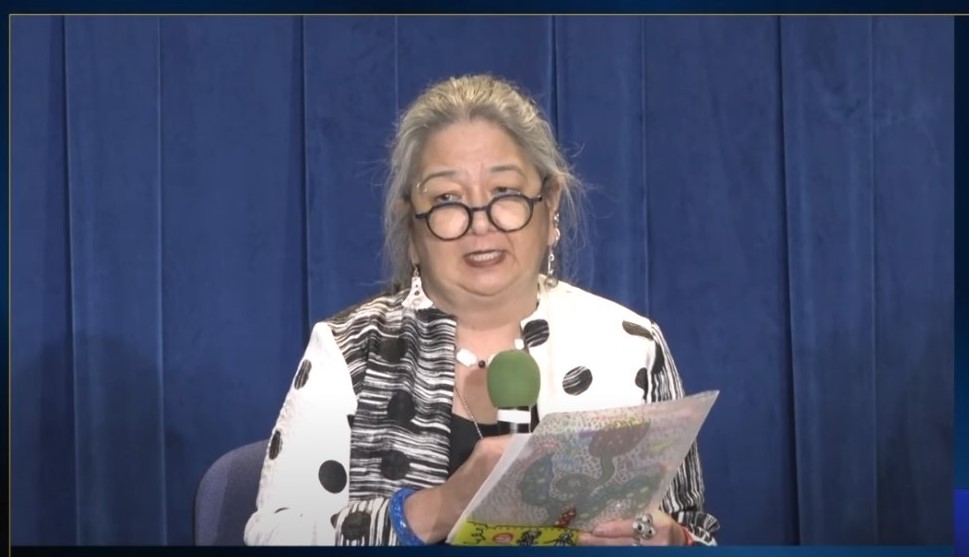
Pata Suyemoto, director, National AAPI Empowerment Network; Training Director, National Asian American Pacific Islander Mental Health Association; director, National Asian American Pacific Islander Empowerment Network; associate director for Equity, Massachusetts Coalition for Suicide Prevention.
“Crisis, in my experience, doesn’t happen from eight [AM] to eight [PM]… My daughter called 988, waited 45 minutes, and then hung up…There’s concern about language access and the use of interpreters. I know…that those call answerers are NOT trained in the use of interpreters.”
Suyemoto and others were concerned about overlap between 988 and 911.
“Some of the outcomes that have come through 998 are that we’ve seen a significant uptick in individuals who are being involuntarily committed,” said Mia Ives-Rublee, director at the Disability Justice Initiative at the Center for American Progress, and a commenter during a Q&A period. “I understand wanting to praise the 988 program,” Ives-Rubles continued. “But there are significant concerns from the mental health community about the connection with policing.”
One of the most heartfelt stories came from Myron Dean Quon, CEO of Pacific Asian Counseling Services in LA County, who told of a mother whose child was taken from her, likely due to a language barrier.
“Because she did not have an interpreter, DCFS (Department of Children and Family Services) got involved and her kid was grabbed…” Quon was “absolutely 100% sure…that [if] language access [was] truly enforced…if they just said, ‘You know what, we don’t speak her language,” things would have gone differently. “It doesn’t matter if you’re PacificIslander…Hawaiian…Spanish-speaking, this happens all the time…What we need is real, true enforcement, real implementation, and real ways of ensuring that law enforcement and all these other players cannot do this to young families. Thank you.”
The inaugural White House Initiative AANHPI Mental Health Summit can be viewed at www.youtube.com/watch?v=F0hjITBZidI&t=9s.
Kai can be reached at info@nwasianweekly.com.




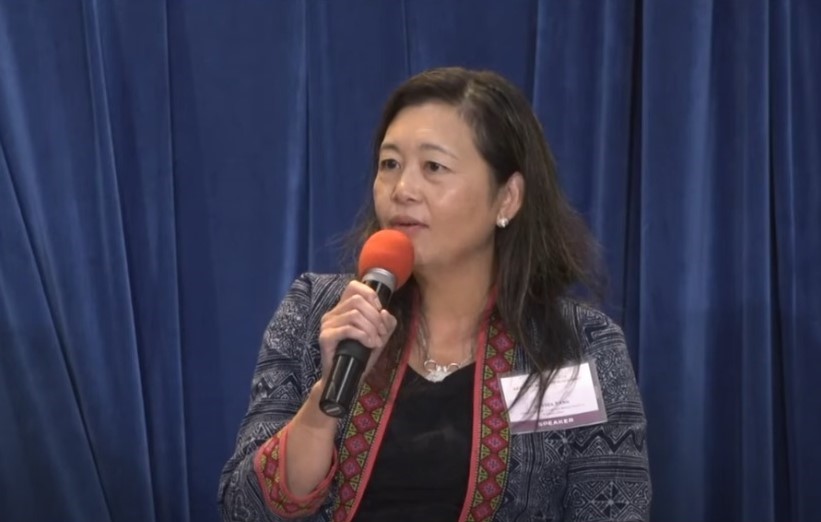
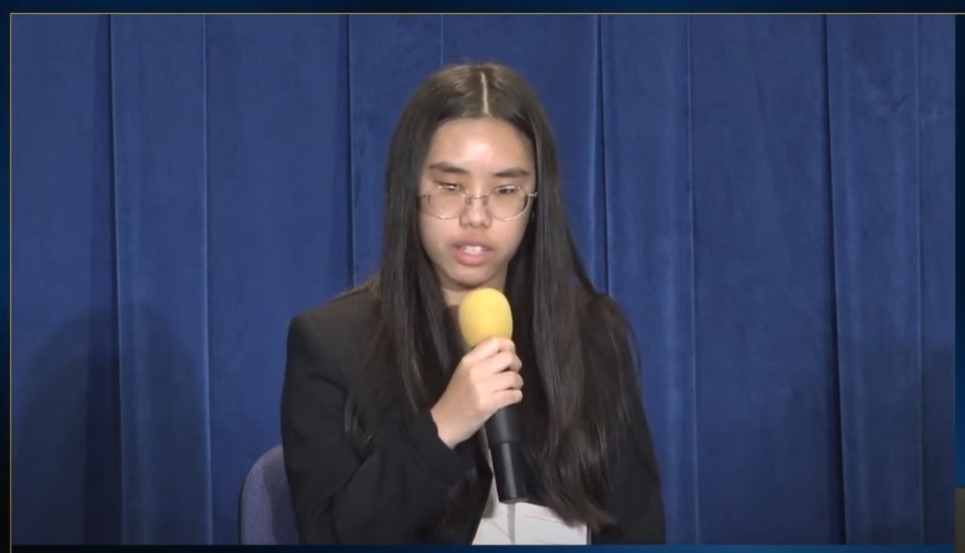
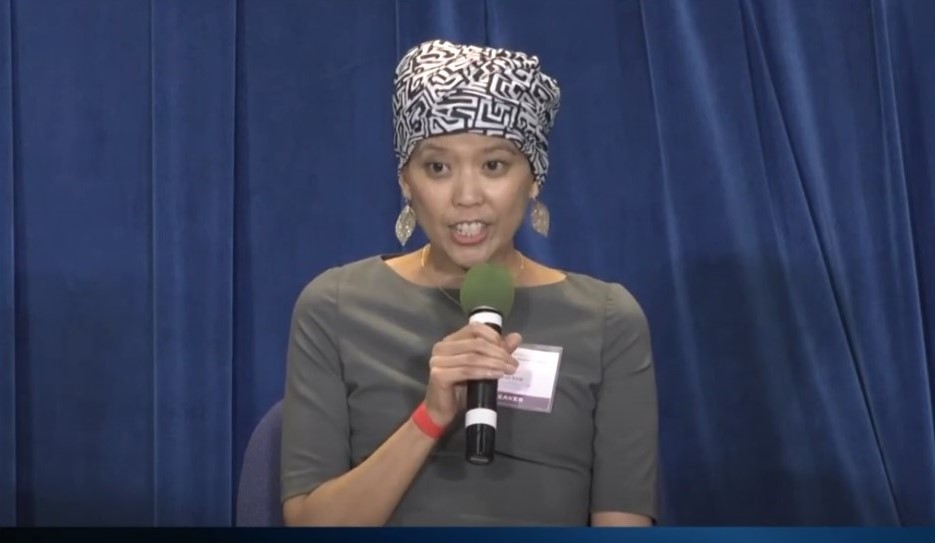
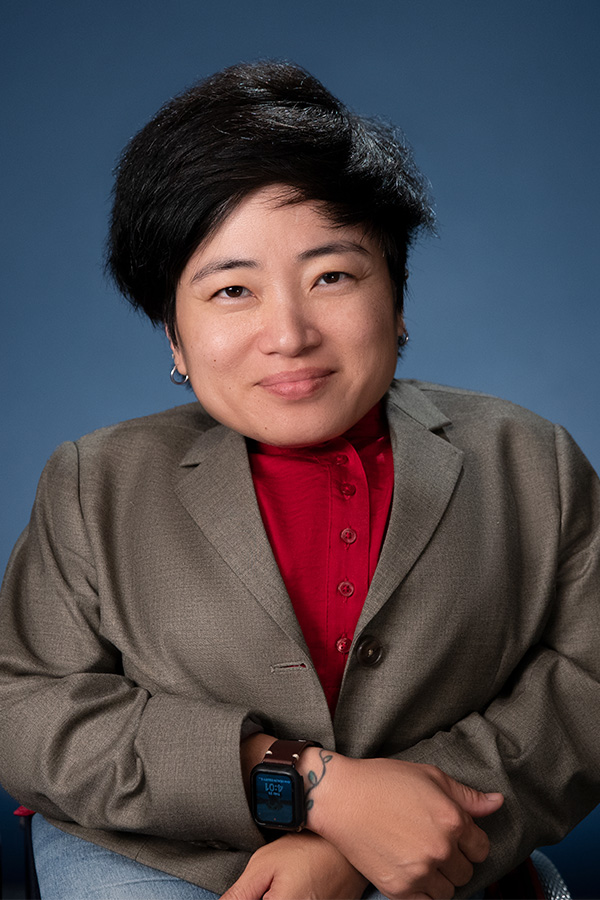
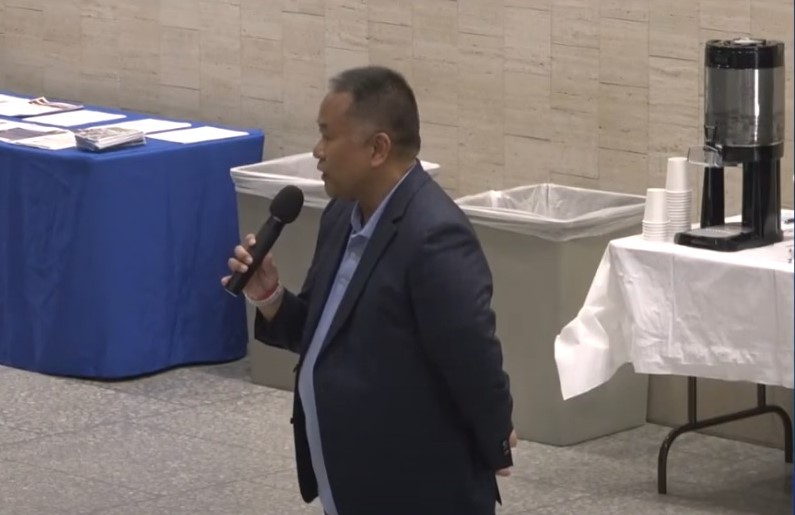
It’s like a breath of fresh air to see the White House putting the spotlight on AANHPI mental health, but the reality check on the gaps still present is much needed. It’s 2023, and we’re still grappling with language barriers in mental health services? That’s like trying to read a prescription label in a foreign language while having a headache. Kudos to the folks like Alyssa Vang and her team, who are not just talking the talk but walking the walk with culturally sensitive care. And the story about the mother losing her child due to a language barrier? Heartbreaking and infuriating. It’s a stark reminder that there’s a long road ahead.